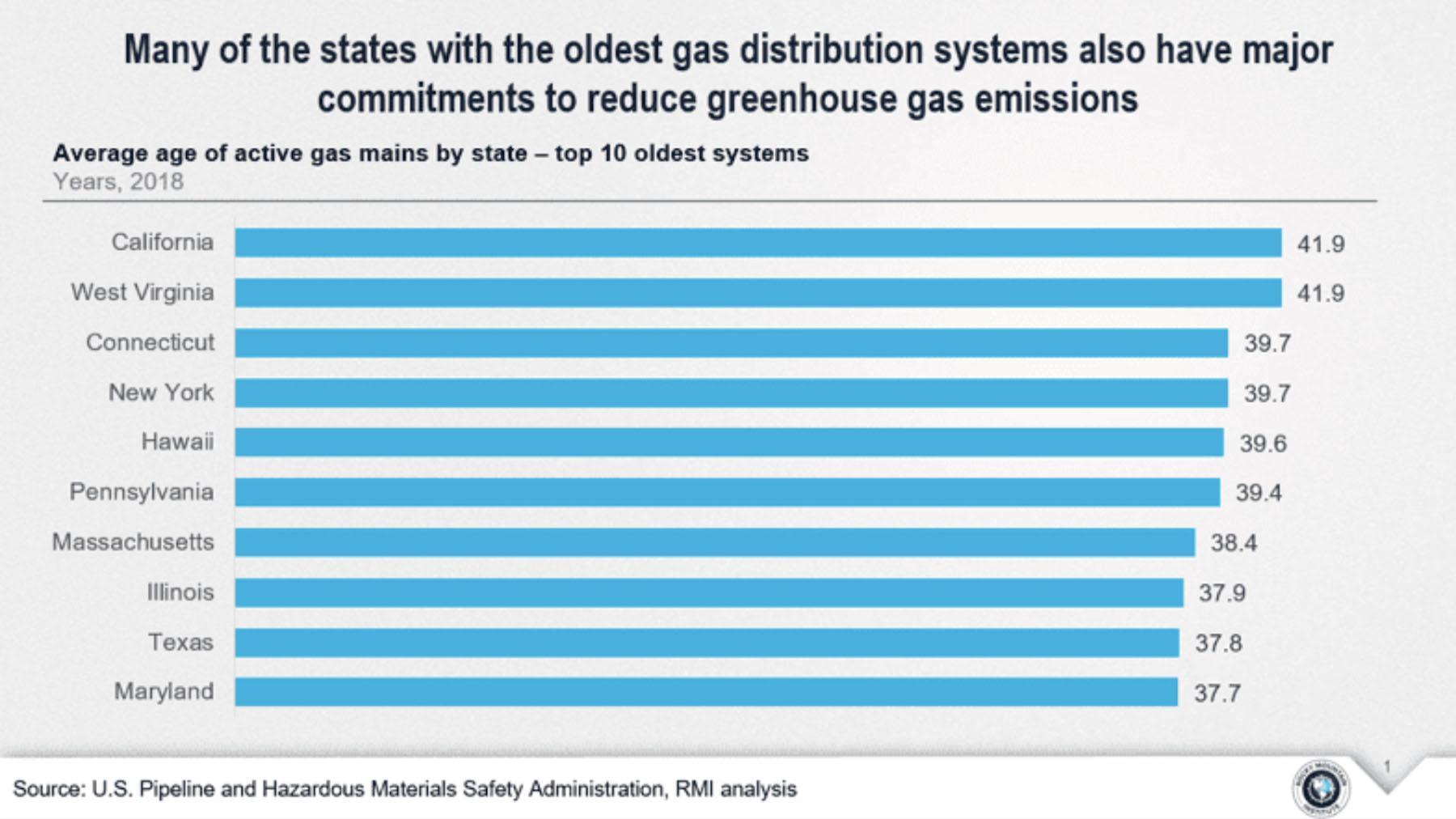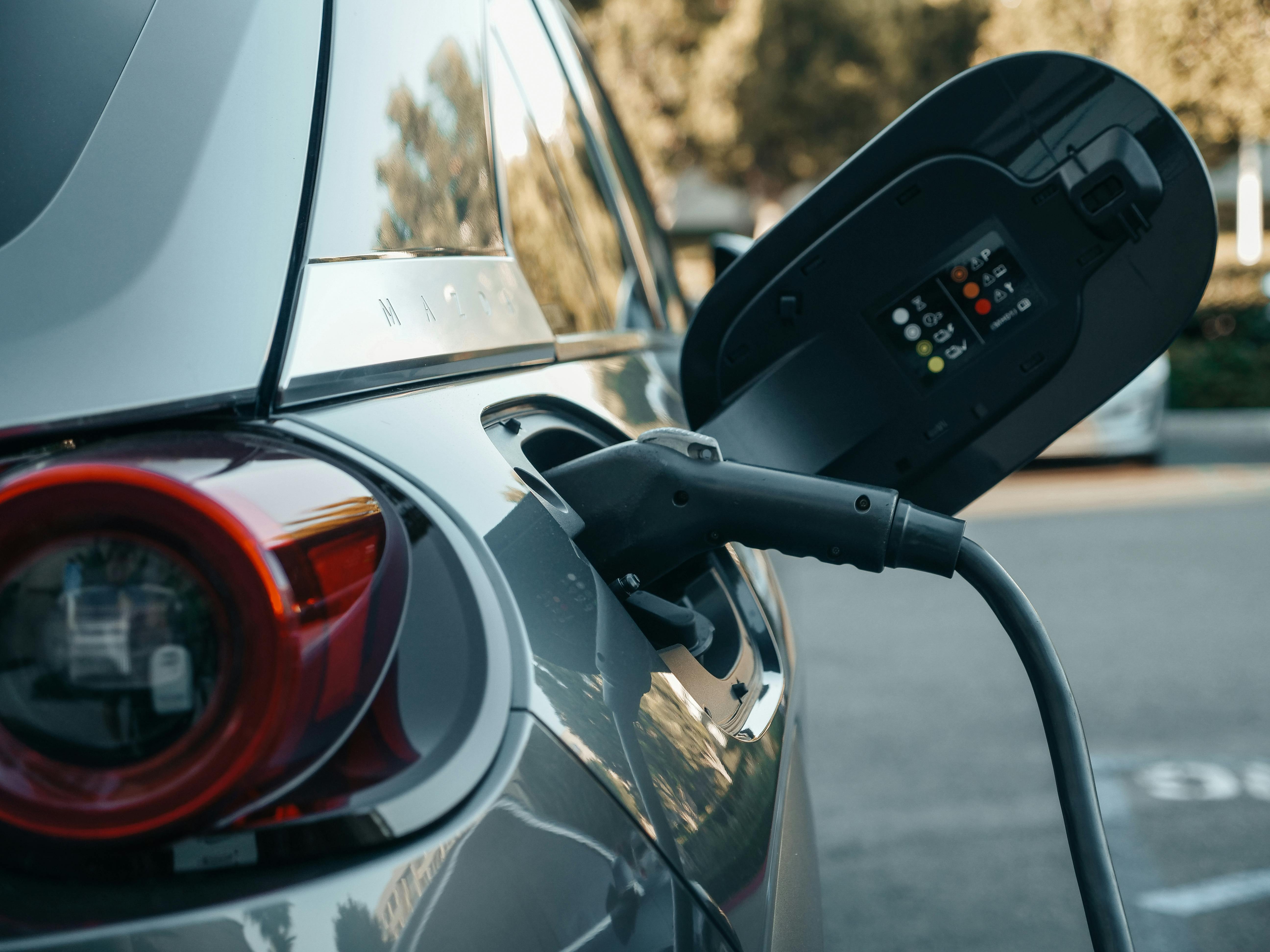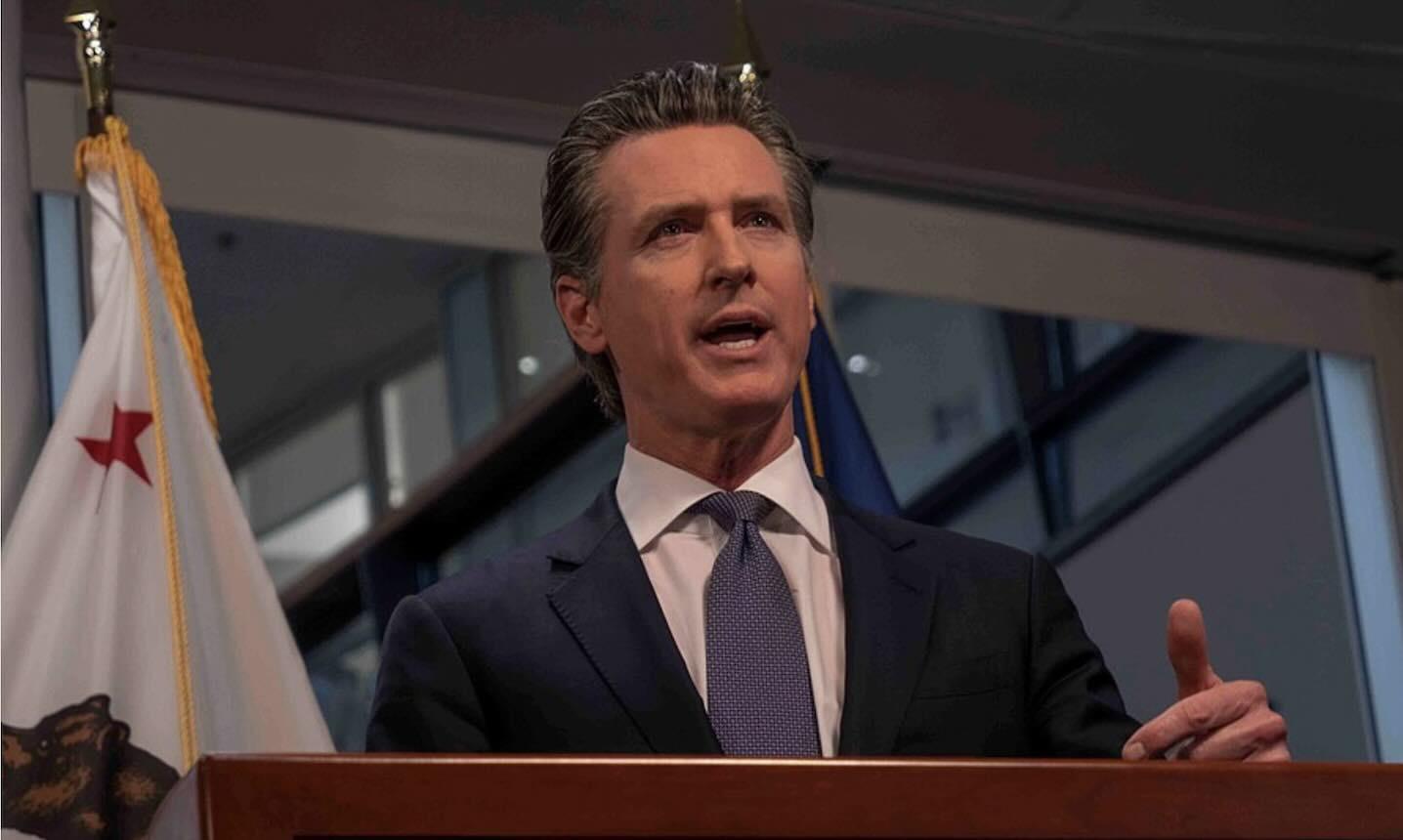
IN a bold move to address the mounting challenges of energy affordability, environmental sustainability, and public health, the State of California is spearheading a comprehensive legislative effort to transition away from its reliance on natural gas.
Introduced by Senator Dave Min of Orange County, SB 1221, also known as the Affordable Energy Transition And Workforce Protection Act, aims to chart a new course for the state’s energy landscape.
At the heart of SB 1221 is a commitment to long-term energy affordability for Californians, coupled with strong protections for workers in the energy sector. The bill establishes a more transparent process at the California Public Utilities Commission (CPUC), enabling a thorough review of the need for costly gas infrastructure investments. This paves the way for the evaluation of cost-effective zero-emission alternatives, such as neighborhood-scale decarbonization projects.
Recognizing the immense financial and environmental toll of the state’s aging natural gas pipeline network, SB 1221 offers a solution that addresses both affordability and sustainability. When gas pipelines fall into disrepair, the state is often faced with the decision to either invest hundreds of millions of dollars in infrastructure that fails to align with California’s climate goals, or pivot towards clean energy solutions that can power homes and businesses, create jobs, and improve air quality.
To avoid locking in further investment in gas infrastructure, SB 1221 will open the door for pilot programs in economically-disadvantaged communities to transition to 100% clean electricity. These neighborhood-scale initiatives can upgrade homes and buildings with clean energy technologies, providing long-term stability in utility bills for households.
Recent polling data suggests that California voters overwhelmingly support these types of clean energy initiatives. A majority (62%) of voters favor policies that would enable neighborhoods to convert to 100% clean electricity, and a similar percentage (62%) express concern about the aging natural gas infrastructure and the high costs associated with its maintenance and replacement.
“SB 1221 will enable the state to make smarter decisions around energy infrastructure planning and invest in a way that makes energy more affordable for Californians while prioritizing the communities most in need,” said Jose Torres, California Director at the Building Decarbonization Coalition.
Despite California’s reputation as a climate and environmental leader, the state remains the second-largest consumer of natural gas nationwide. This is particularly problematic, as natural gas poses significant risks to human health and the environment. Gas-powered appliances in homes emit four times more nitrogen oxide pollution than California’s gas power plants, and two-thirds as much as cars.
Moreover, the maintenance and expansion of natural gas infrastructure is an increasingly costly endeavor. Utilities across the country are spending upwards of $15 billion annually to replace leaking pipelines, with each new pipeline typically lasting 80 years. This locks utility customers into expensive infrastructure that will eventually become obsolete as the state transitions towards renewable energy targets.
As gas demand declines in California, the fixed costs of the gas system will be spread across a dwindling customer base, leading to potentially dramatic increases in gas bills – up to $600 per month by 2050, according to the California Energy Commission. SB 1221 aims to address this issue by enabling the CPUC to pilot cost-effective, zero-emission alternatives to costly gas infrastructure replacements.
With the ongoing energy affordability crisis and the imperative to address climate change, California lawmakers have recognized the urgent need to chart a new course away from fossil fuels. SB 1221 represents a significant step in this direction, seeking to protect consumers, workers, and the environment through a comprehensive approach to the state’s energy transition. g






